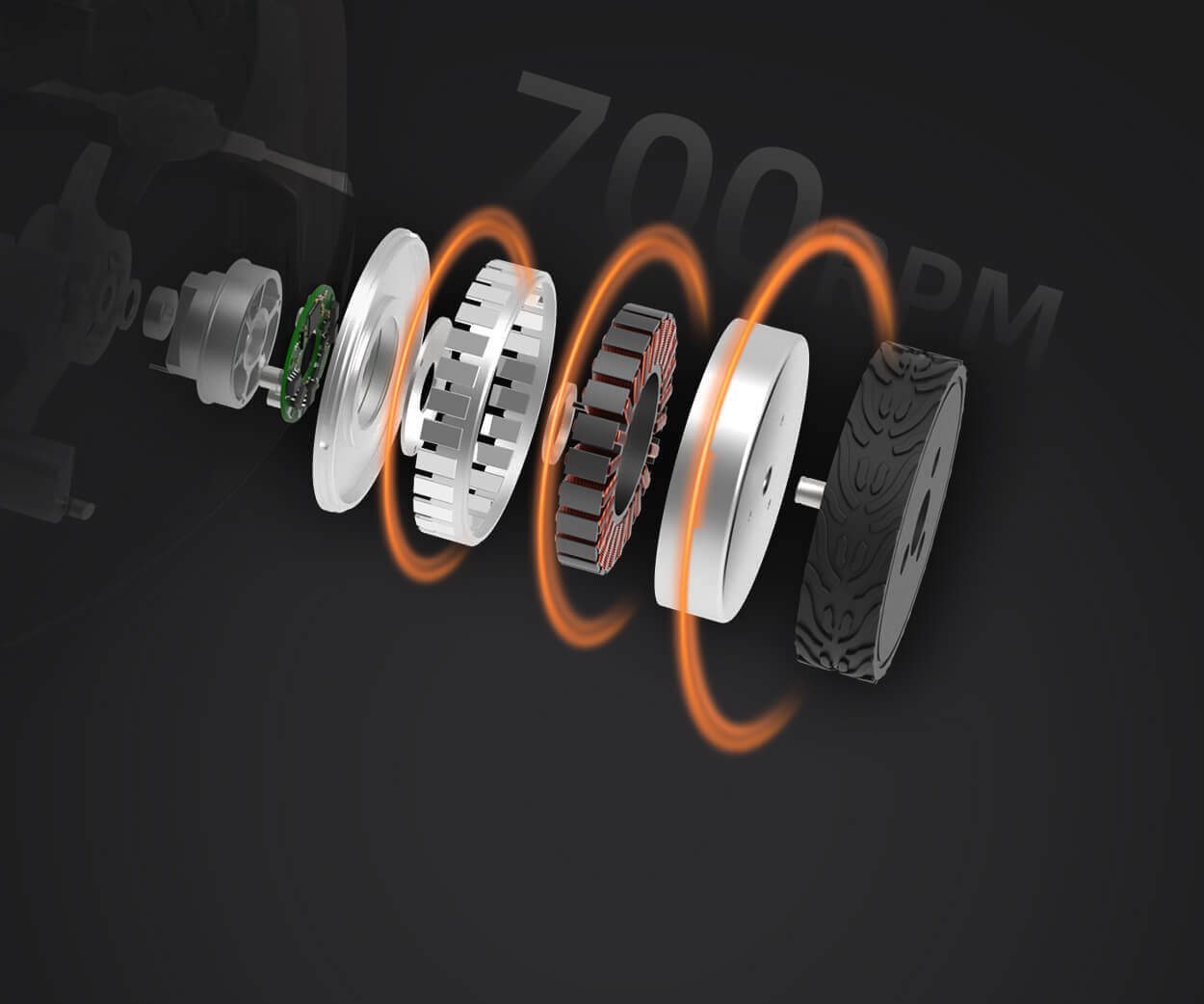When you're shopping for power tools, you might come across the terms "brushless" and "brushed" motors. While both types of motors get the job done, understanding the difference can help you make a better choice for your needs. Let’s dive into what makes each one unique and how this can affect your experience with tools.

The Basics: What’s the Difference?
At the core, the main difference between brushed and brushless motors is how they are built and how they work. Brushed motors use, you guessed it, brushes to transfer electricity to the motor’s spinning parts. These brushes are constantly rubbing against the motor's commutator, which can cause friction and wear over time. Over time, the brushes wear out, and you’ll need to replace them. This can lead to more maintenance and, let's face it, a bit of frustration.
On the other hand, brushless motors are a newer technology. They don’t have brushes, which means no friction and less wear and tear. Instead, they use electronic sensors to control the motor’s rotation. This makes them more efficient and longer-lasting.
Power and Efficiency: Which One Wins?
When it comes to raw power, both brushed and brushless motors can deliver excellent performance. However, the efficiency of a brushless motor is what sets it apart. Because there's no friction, these motors use less energy to get the same power, which means they can run longer on a single battery charge. So, if you’re someone who needs to work for extended periods, the brushless motor is a game-changer.
Brushless tools typically offer more torque, meaning they can tackle tougher tasks with ease. Imagine trying to drill through thick wood or metal—brushless motors can handle the load without slowing down.
Longevity: Less Maintenance, More Time
Brushless motors are simply built to last longer. Without the wear and tear from brushes, you won’t find yourself replacing parts nearly as often. This might not seem like a big deal now, but over the course of years of use, it adds up. You'll spend less time worrying about upkeep and more time getting the job done.
Brushed motors, however, do require more attention. Those brushes need to be replaced regularly, and if you're not careful, the motor can overheat. It’s definitely a trade-off, but if you don’t mind spending a little extra time on maintenance, you might not mind the brushed motor’s more budget-friendly price.
Noise and Vibration: The Comfort Factor
Something many people don’t think about is the noise and vibration a power tool produces. Brushless motors tend to be quieter and smoother, providing a more comfortable working experience. If you’re using the tool for long hours, the reduced vibration can make a huge difference in your comfort and precision.
On the flip side, brushed motors tend to be noisier and might cause more hand strain due to vibration. For occasional use, it’s probably not a deal-breaker, but if you’re on a big project, a brushless tool is a better choice for comfort.
So, Which One Should You Choose?
If you’re working on a project that demands power, long run times, and less maintenance, a brushless motor tool is the way to go. But if you're on a budget and don’t mind replacing brushes from time to time, a brushed motor might still serve you well.
Ultimately, the right choice depends on your specific needs. Whether you choose a brushed or brushless motor, both have their merits. It’s just a matter of finding what works best for you and your projects. Whatever you decide, make sure to consider the tasks ahead and how often you’ll use the tool—this way, you’ll have the right motor to get the job done.
Leveraging innovations in modular drive technology, Kpower integrates high-performance motors, precision reducers, and multi-protocol control systems to provide efficient and customized smart drive system solutions.




































